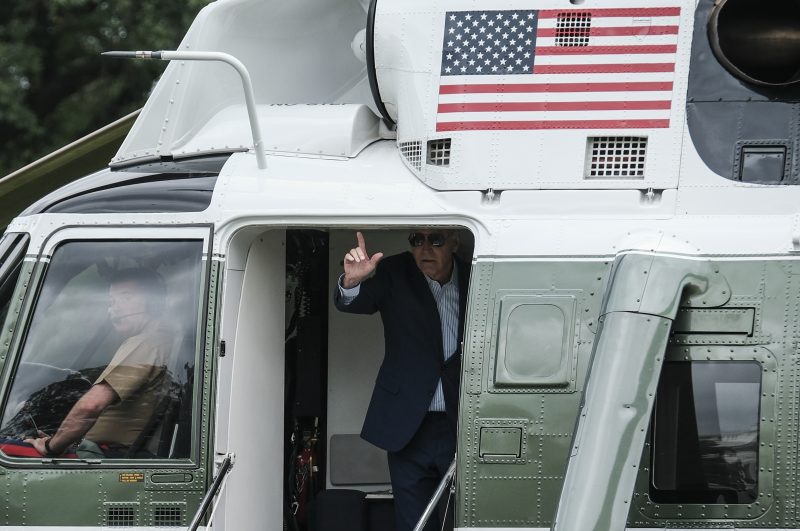In the latest development regarding the ongoing conflict in the Middle East, President Joe Biden’s efforts to broker a ceasefire between Israel and Hamas have faced yet another setback. The ceasefire push, which has been ongoing for several days, hit a roadblock after Hamas presented a new demand that has complicated the negotiations.
Hamas, the militant group that controls the Gaza Strip, has requested the lifting of the blockade imposed by Israel on the territory as a condition for agreeing to a ceasefire. This demand has been viewed as a significant hurdle in the negotiations, as Israel has historically been reluctant to ease restrictions on Gaza due to security concerns.
The blockade, which has been in place for over a decade, severely restricts the movement of people and goods in and out of Gaza. It has led to economic hardship, shortages of essential resources, and a lack of access to basic services for the residents of the territory. Hamas argues that lifting the blockade is essential to improving the humanitarian situation in Gaza and ensuring a lasting peace in the region.
On the other hand, Israel maintains that the blockade is necessary to prevent weapons and materials that could be used to carry out attacks from entering Gaza. Israeli officials have raised concerns that easing the restrictions could empower Hamas and pose a threat to the security of Israel and its citizens.
President Biden, who has been actively engaging with both parties to reach a ceasefire agreement, is facing increasing pressure to find a resolution to the conflict. The United States, along with other international partners, has been calling for an immediate cessation of hostilities and a return to dialogue to address the root causes of the conflict.
Despite the challenges posed by Hamas’s new demand, President Biden remains committed to finding a peaceful resolution to the escalating violence in the region. The United States continues to work with regional allies and partners to de-escalate the situation and create a conducive environment for a ceasefire agreement.
As the conflict in the Middle East enters a crucial phase, the international community is closely monitoring the developments and hoping for a swift end to the violence. The path to peace remains complex and challenging, but with continued diplomatic efforts and dialogue, there is hope for a ceasefire that can pave the way for a lasting and sustainable solution to the longstanding conflict between Israel and Hamas.




























